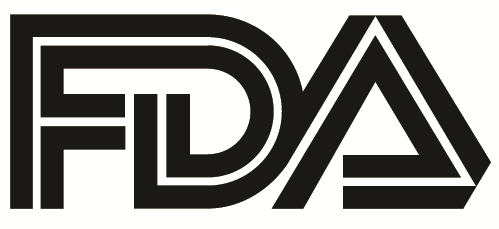FDA Approves First Treatment for Rare Skin Cancer
Rare skin cancer drug gets FDA accelerated approval.

The US Food and Drug Administration (today) gave accelerated approval to avelumab (Bavencio/EMD Serono, Inc.) to treat adults and pediatric patients 12 years and older suffering from metastatic Merkel cell carcinoma (MCC) — rare form of dermatologic cancer affecting approximately 1,600 annually in the United States.
This drug is the first FDA-approved treatment for metastatic MCC, and could even be administered to patients who have not received prior chemotherapy.
Officials reported this approval was based on data from a single-arm trial of 88 patients who had metastatic MCC and had been previously treated with at least one chemotherapy program. The trial primarily looked at the percentage of patients who exhibited complete or partial tumor shrinkage. For patients experiencing a response, the team studied the length of time the tumor was controlled.
Results showed that of the 88 patients included, 33% experienced complete or partial “shrinkage of their tumors”. They noted the response lasted for more than 6 months in 86% of responding patients and more than 12 months in 45% of responding patients.
The drug’s accelerated approval will allow the drug to be used for serious conditions, but further clinical trials are required to confirm avelumab’s clinical benefit — studies are currently underway.
The commonly reported side effects included diarrhea, fatigue, nausea, musculoskeletal pain, infusion-related reactions, rash, decreased appetite, and limb swelling. Researchers warned that patients who experience severe or life-threatening infusion-related reactions and women who are pregnant or breastfeeding should stop using Bavencio.